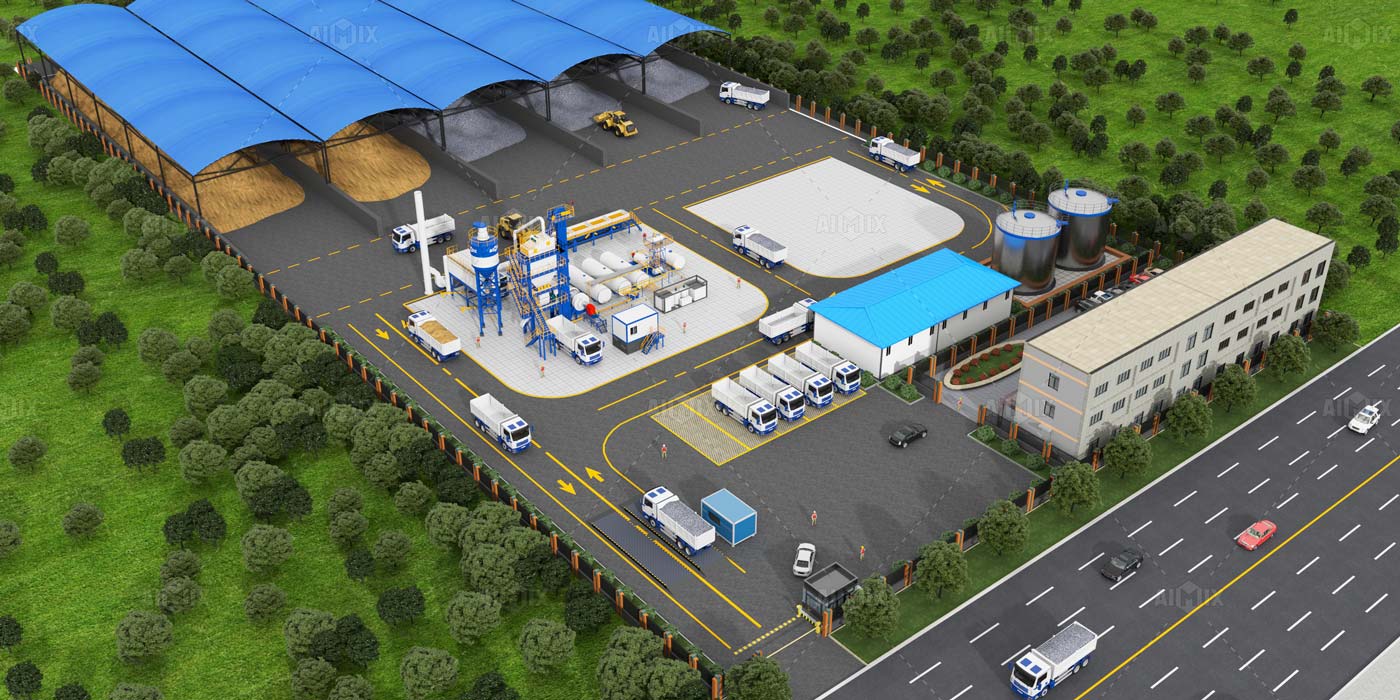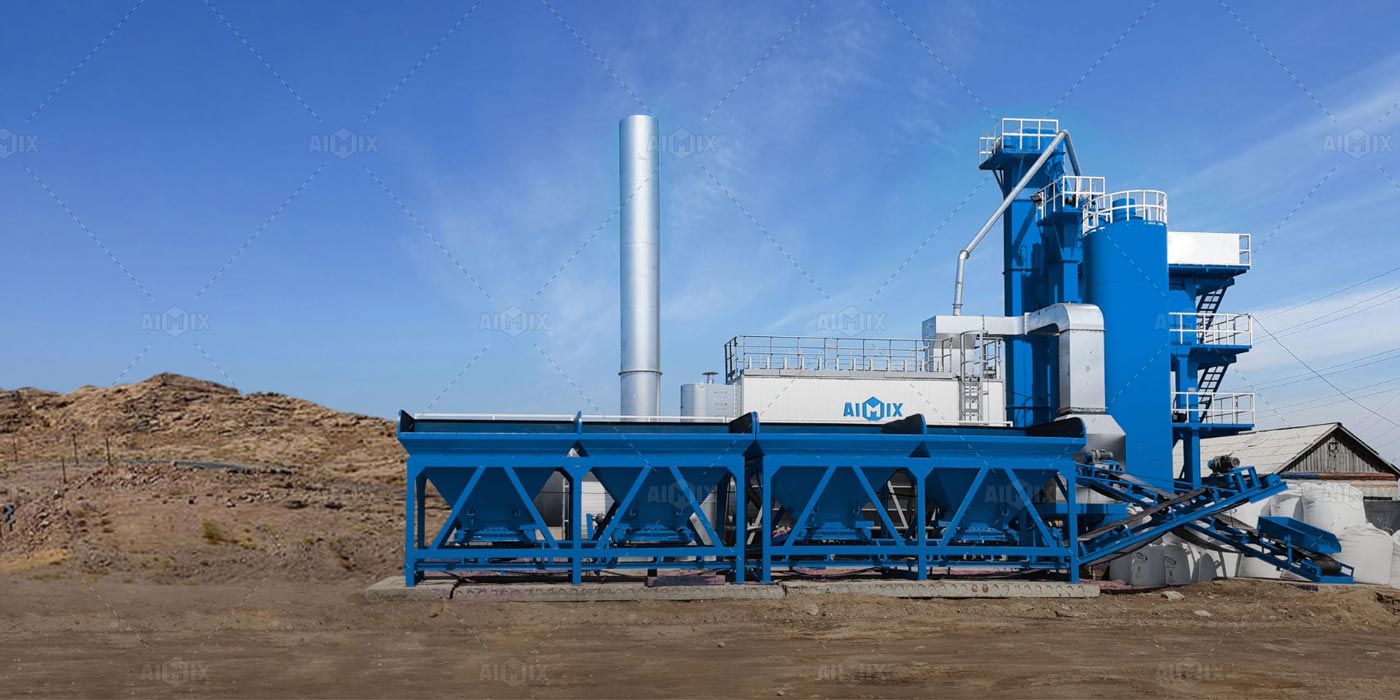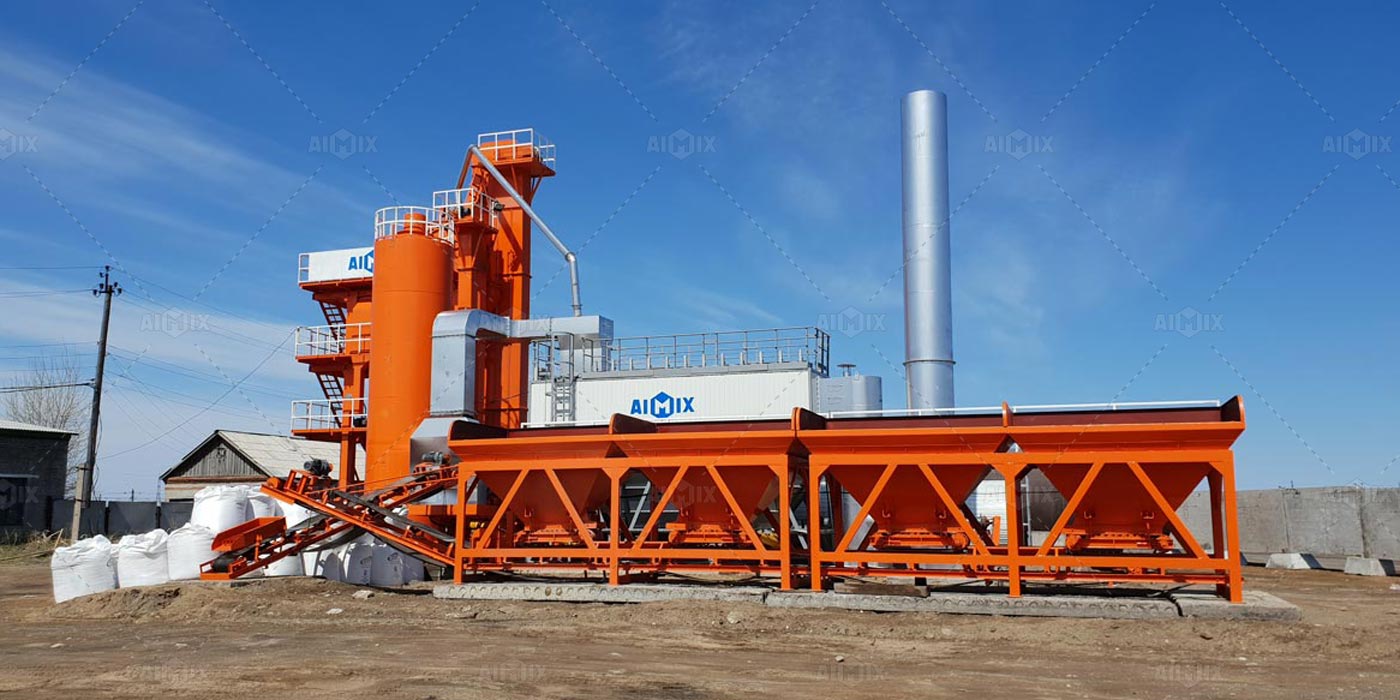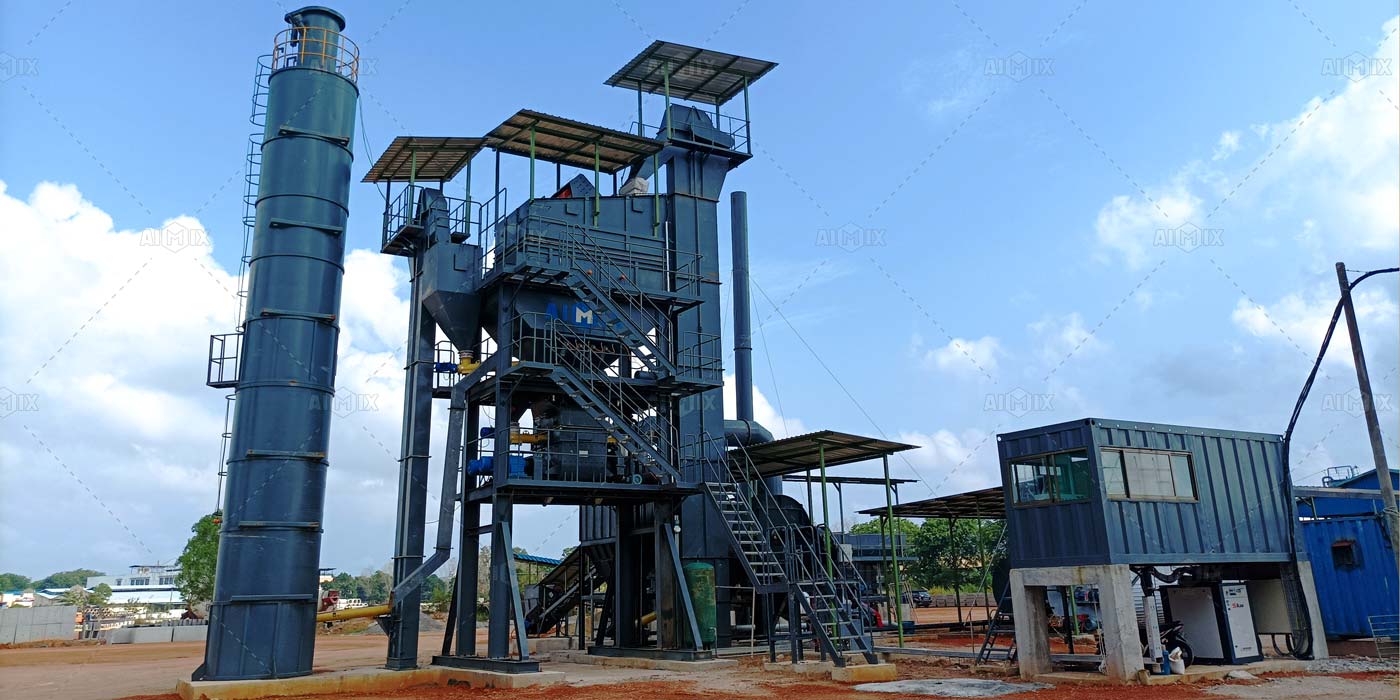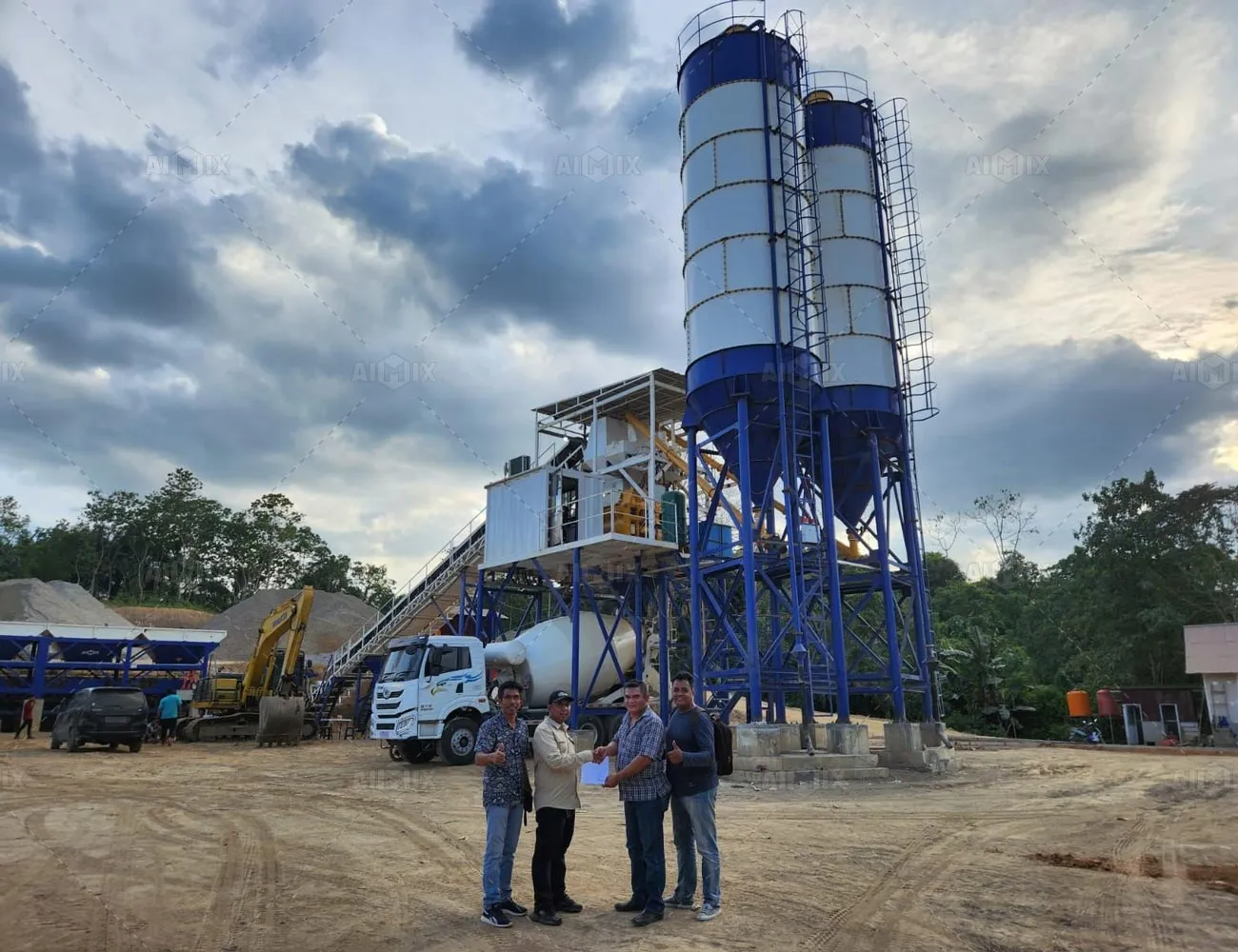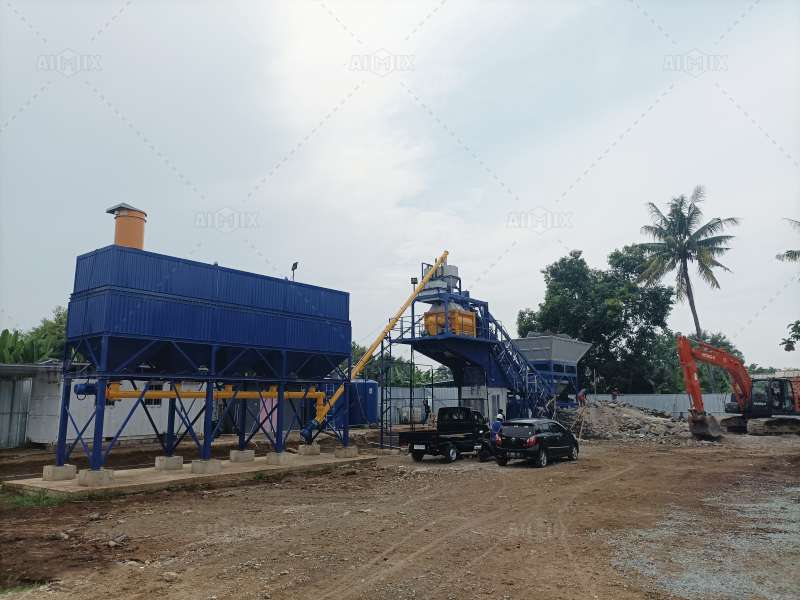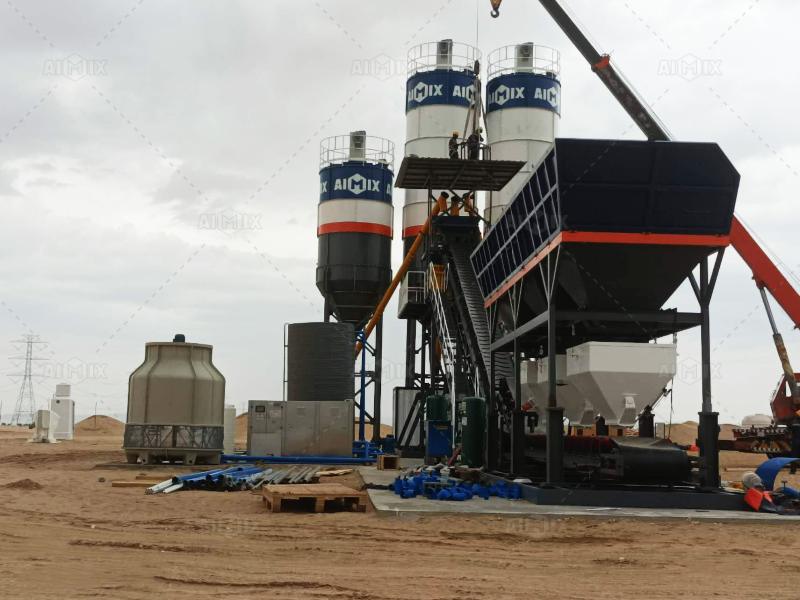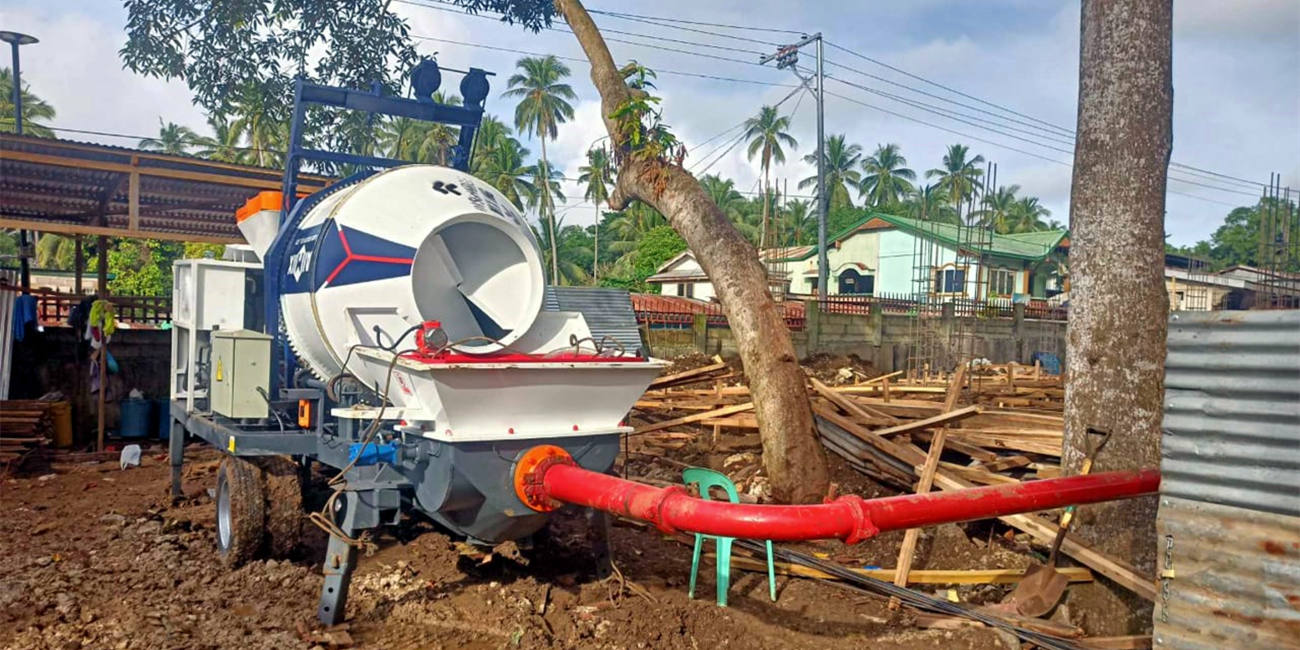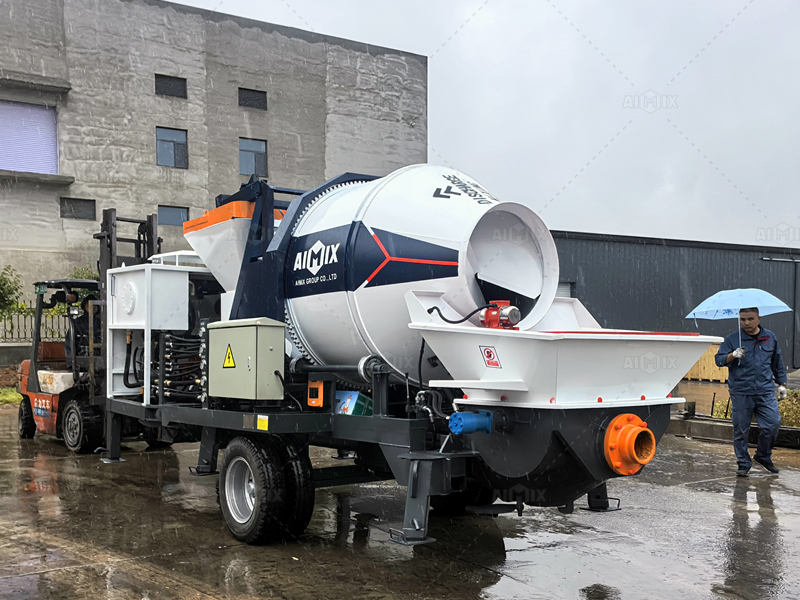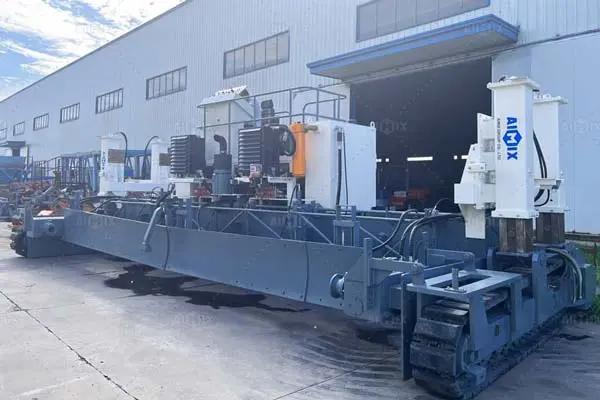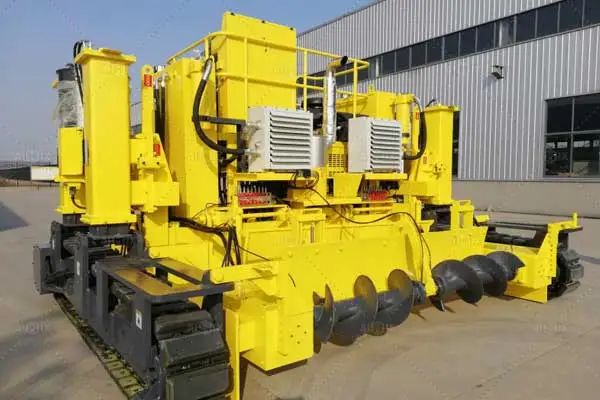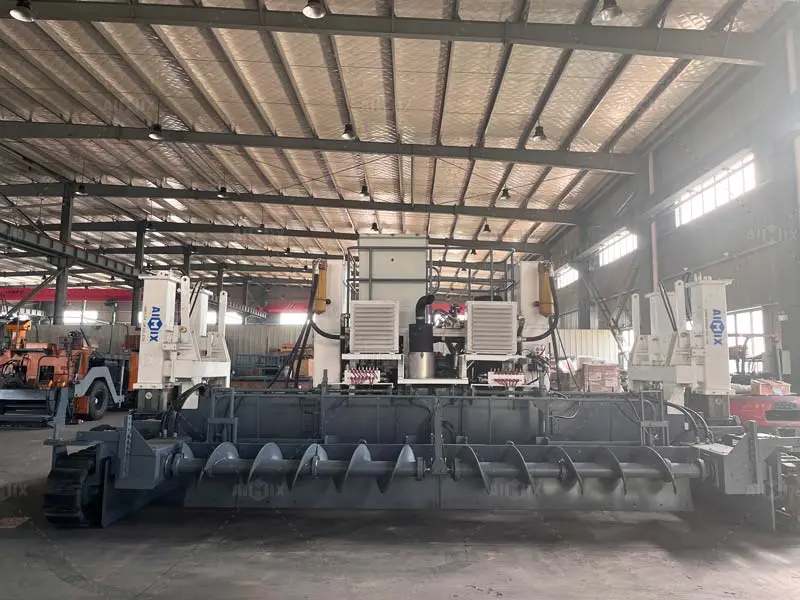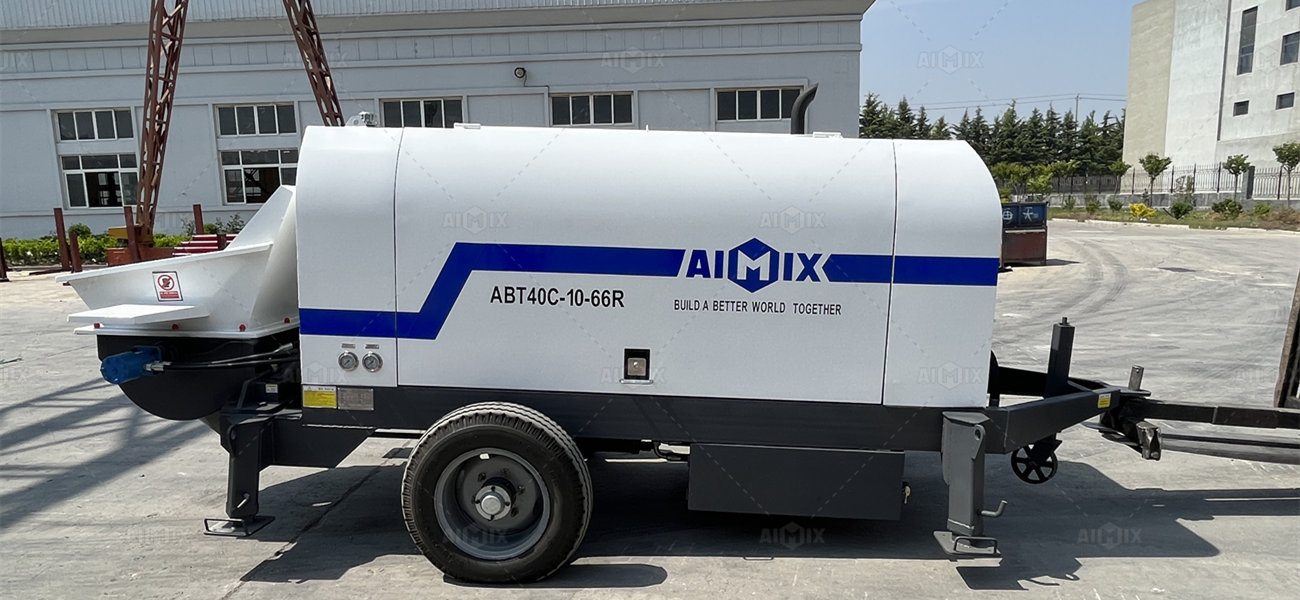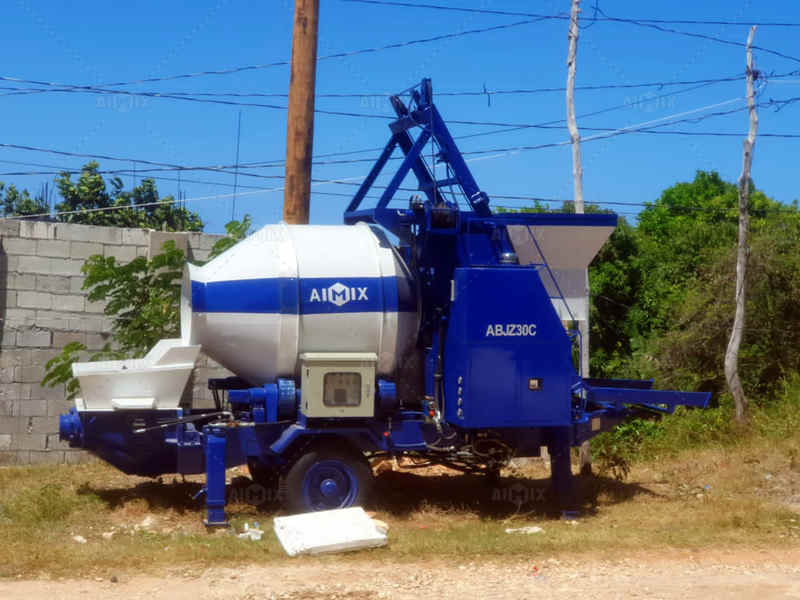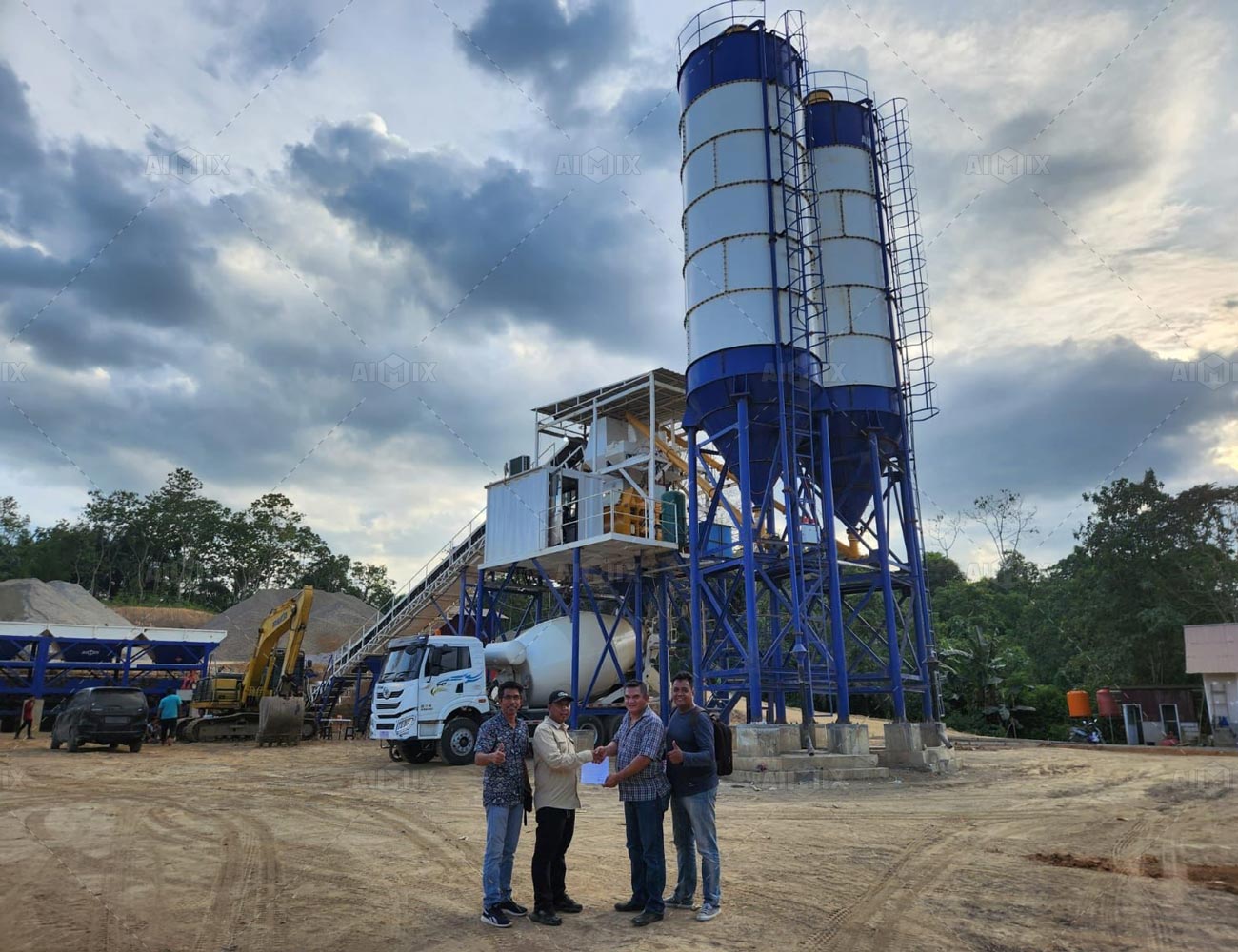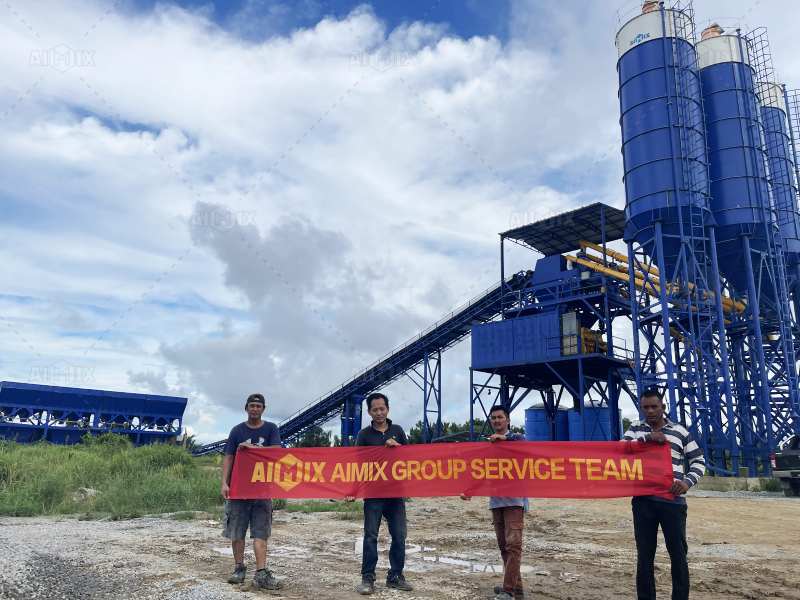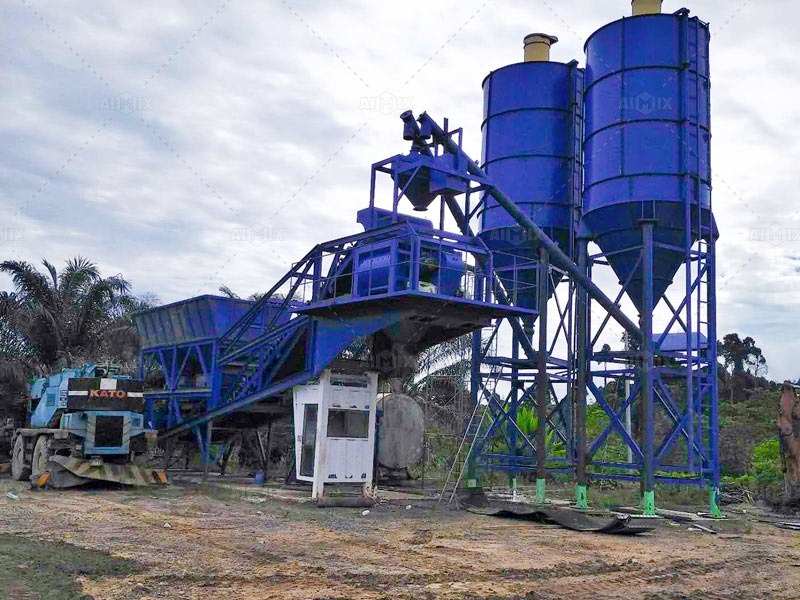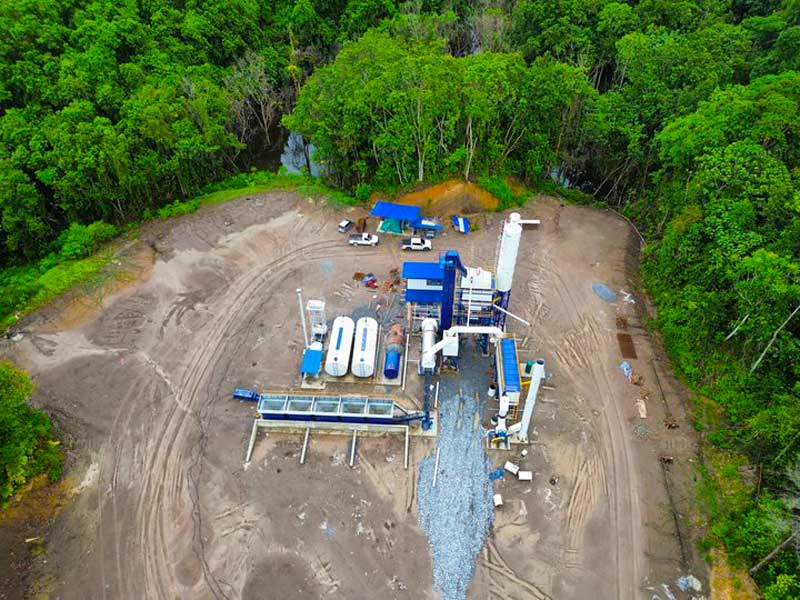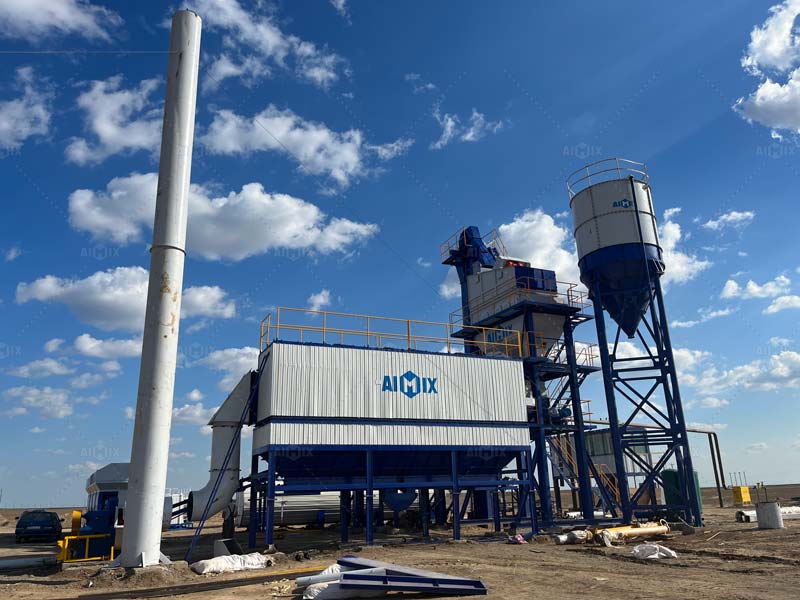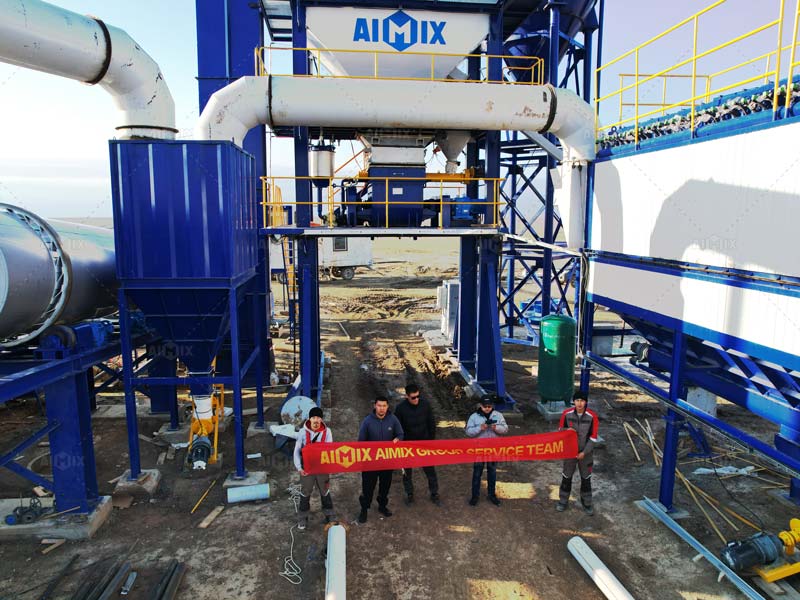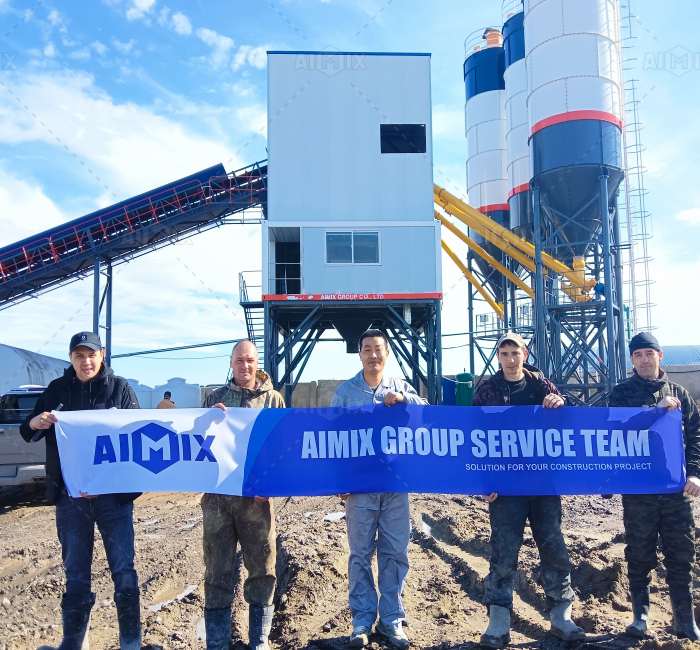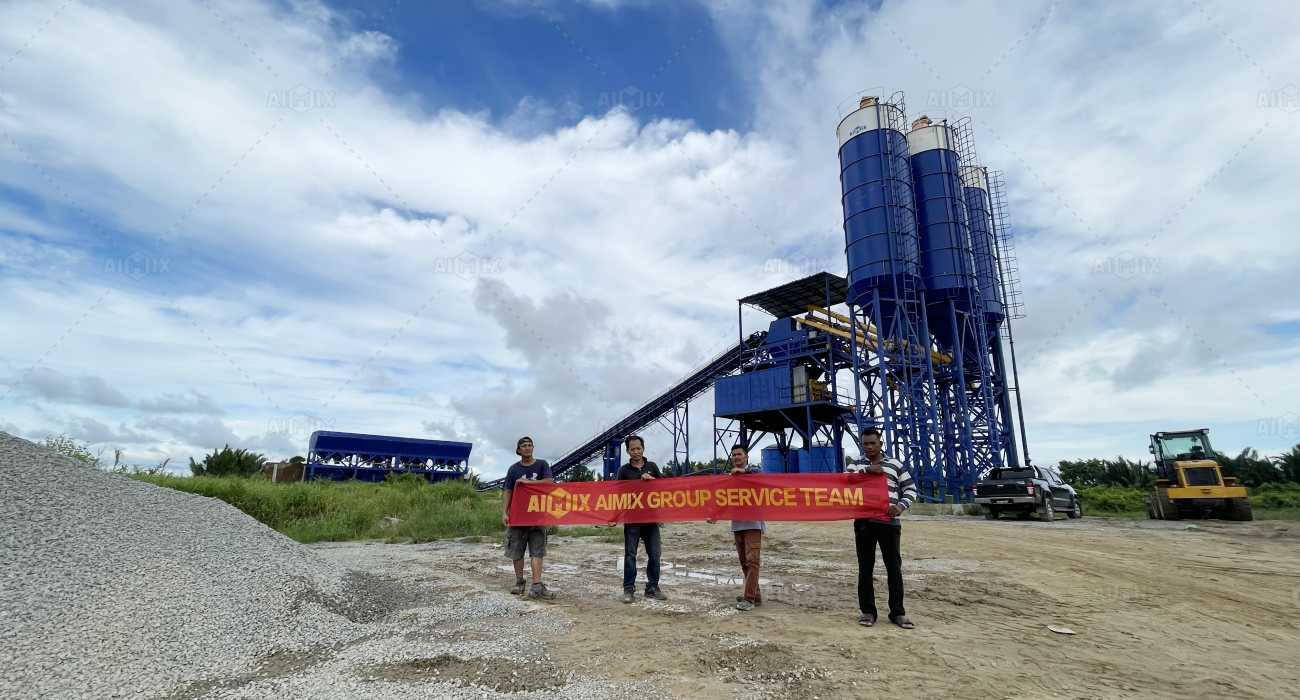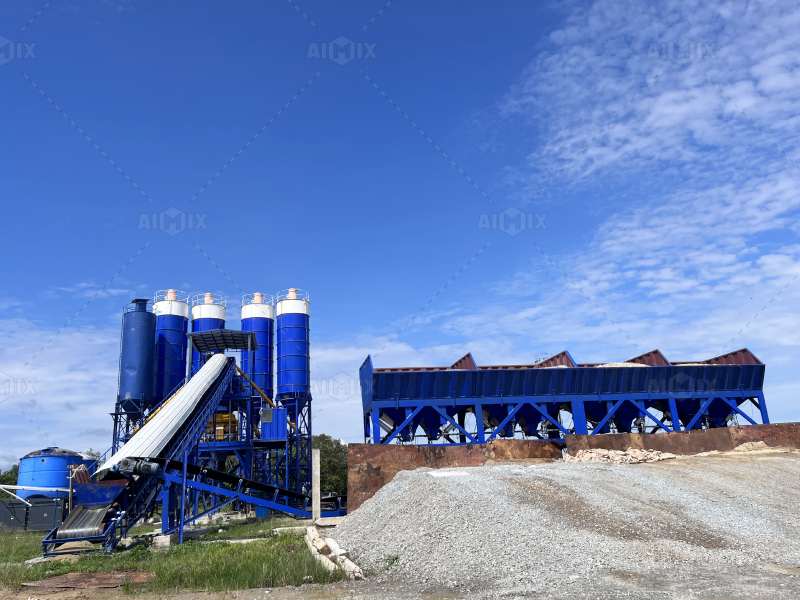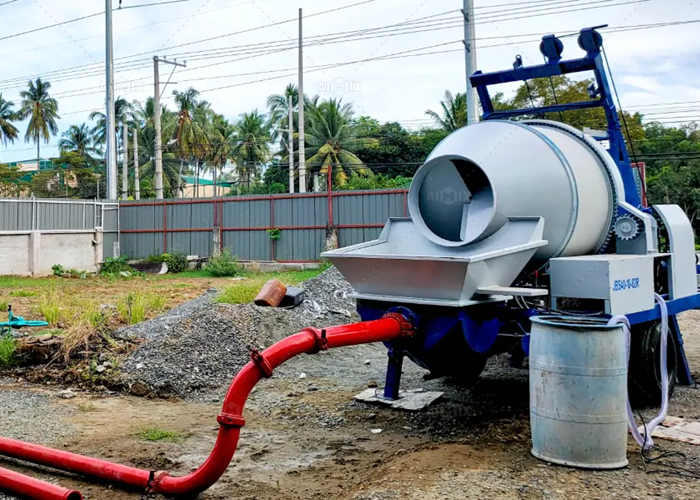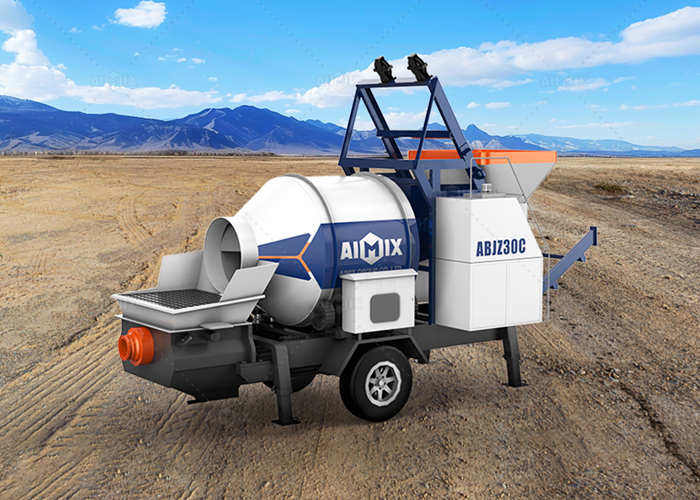In the competitive world of construction and concrete production, businesses are continually seeking innovative ways to optimize operations and increase profitability. For growing concrete businesses, investing in a small batch plant is a strategic move that can offer significant advantages. These compact, efficient, and versatile plants are ideal for businesses aiming to enhance their production capacity without incurring exorbitant costs. Here’s why small batch plants, including mobile batch plants and portable batching plants, are a game-changer for concrete entrepreneurs.
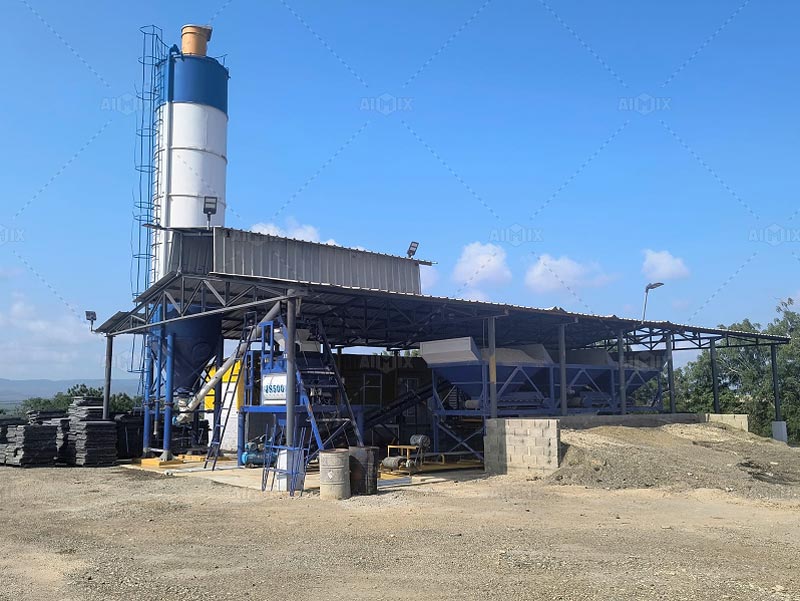
Cost-Effectiveness
One of the most compelling reasons to opt for a small batch plant is its cost-effectiveness. Unlike larger batching plants, small batch plants require a lower initial investment, making them accessible to smaller businesses or startups. Additionally, their reduced size means lower operational costs, including energy consumption, maintenance, and manpower.
By reducing overhead expenses, small batch plants enable businesses to allocate resources to other critical areas, such as marketing, customer acquisition, or expanding their service offerings. This cost efficiency makes them an ideal solution for businesses aiming to grow without overextending their budgets.
Flexibility and Mobility
Flexibility is crucial in today’s fast-paced construction industry, and small batch plants excel in this area. Mobile batch plants and portable batching plants, in particular, offer unparalleled mobility. These plants can be easily transported to various job sites, allowing businesses to produce fresh concrete on-demand, regardless of location.
This mobility is especially beneficial for projects in remote or challenging locations where transporting ready-mixed concrete from a central plant is impractical. By setting up a small batch plant on-site, businesses can save time, reduce transportation costs, and ensure the quality of the concrete remains intact.
Customizable Production Capacity
Small batch plants are designed to cater to diverse production needs. Whether you’re handling small-scale residential projects or medium-sized commercial developments, these plants can be tailored to meet your specific requirements.
Many modern small batch plants come equipped with adjustable settings that allow operators to control the mix design, ensuring the production of high-quality concrete that meets project specifications. This level of customization is vital for businesses looking to establish a reputation for delivering top-notch concrete products.
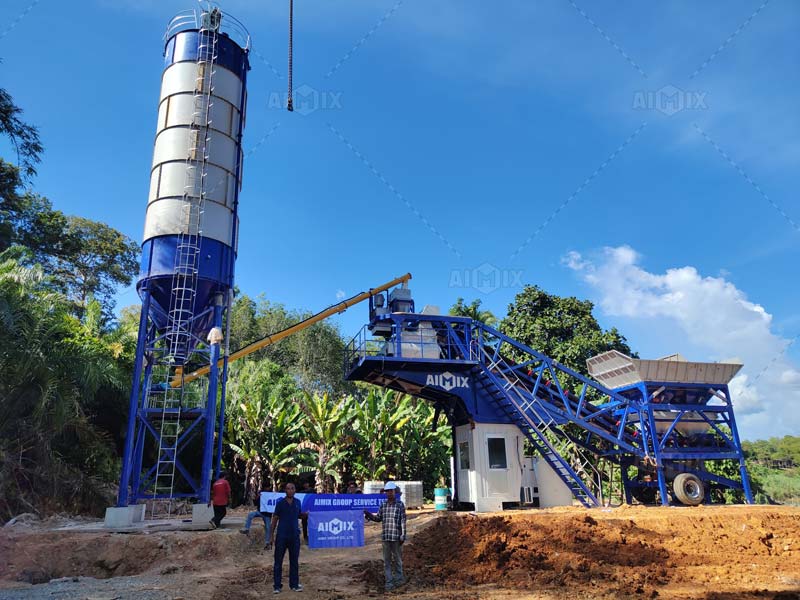
Compact Design and Space Efficiency
For growing businesses with limited space, the compact design of small batch plants is a significant advantage. These plants require less space for installation and operation compared to larger batching plants. This compactness not only reduces the need for large real estate investments but also simplifies the logistics of setting up and operating the plant.
The space efficiency of small batch plants makes them an excellent choice for urban environments or areas with space constraints. Despite their smaller size, these plants are fully capable of delivering consistent and reliable concrete production, making them a practical solution for businesses in densely populated regions.
Quick Installation and Easy Operation
Time is money in the construction industry, and the quick installation process of small batch plants helps businesses minimize downtime. Many small batch plants are designed for easy setup, requiring minimal foundation work and assembly time. This allows businesses to start operations sooner and focus on meeting project deadlines.
In addition to quick installation, small batch plants are user-friendly, often featuring intuitive control systems that simplify operation. Modern plants are equipped with advanced automation and monitoring technologies, enabling operators to manage production processes efficiently and with minimal training. This ease of operation is particularly advantageous for businesses with limited technical expertise.
Versatility in Applications
Small batch plants are incredibly versatile and can be used for a wide range of concrete applications. From residential driveways and patios to commercial foundations and precast concrete products, these plants can handle diverse project requirements.
Moreover, portable batching plants are ideal for producing specialty concrete mixes, such as high-strength or lightweight concrete. This versatility allows businesses to expand their service offerings and cater to a broader customer base, further driving growth and profitability.
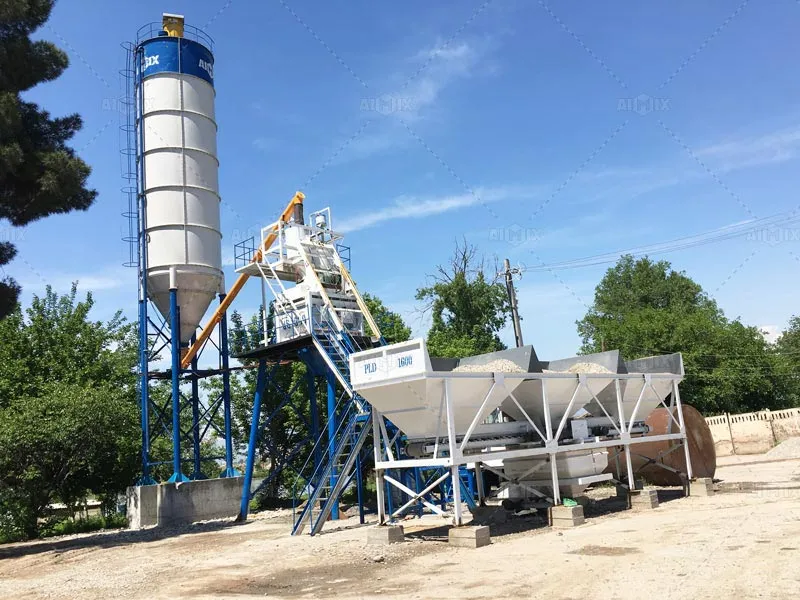
Enhanced Job Site Efficiency
The ability to produce concrete on-site using a mobile batching plant significantly enhances job site efficiency. By eliminating the need for concrete delivery from an external supplier, businesses can reduce wait times and avoid delays caused by traffic or scheduling conflicts.
On-site production also ensures that the concrete is freshly mixed, which is critical for maintaining its quality and performance. This level of efficiency can lead to faster project completion times, increased customer satisfaction, and repeat business.
Environmental Benefits
In addition to operational advantages, small batch plants offer environmental benefits. By producing concrete on-site, businesses can reduce emissions associated with transporting concrete from a central plant. Furthermore, many modern small batch plants are designed with energy-efficient technologies that minimize resource consumption and waste.
For businesses committed to sustainability, investing in an eco-friendly small batch plant can enhance their brand image and appeal to environmentally conscious clients.
Conclusion
For growing concrete businesses, a small batch plant is more than just an equipment investment; it’s a strategic tool for growth and success. With their cost-effectiveness, flexibility, and versatility, small batch plants, including mobile batch plants and portable batching plants, empower businesses to meet diverse project demands while optimizing operations.
Whether you’re aiming to expand your service offerings, improve job site efficiency, or reduce operational costs, a small batch plant can help you achieve your goals. By integrating this innovative solution into your business strategy, you can lay a strong foundation for sustained growth and long-term success.
